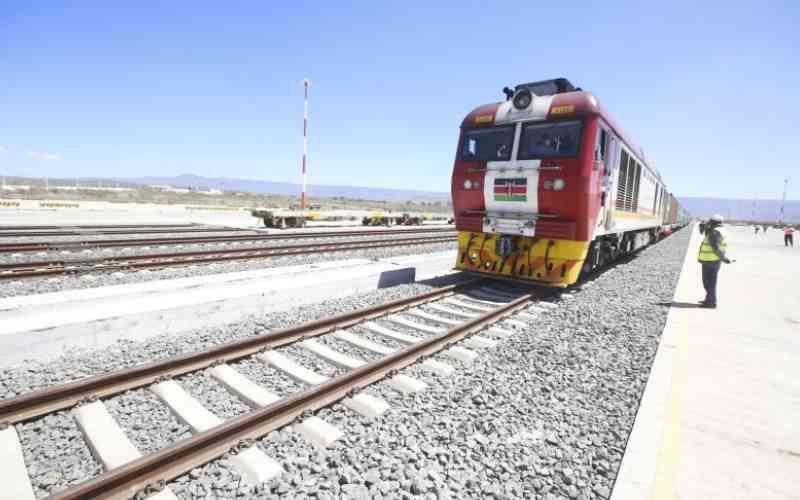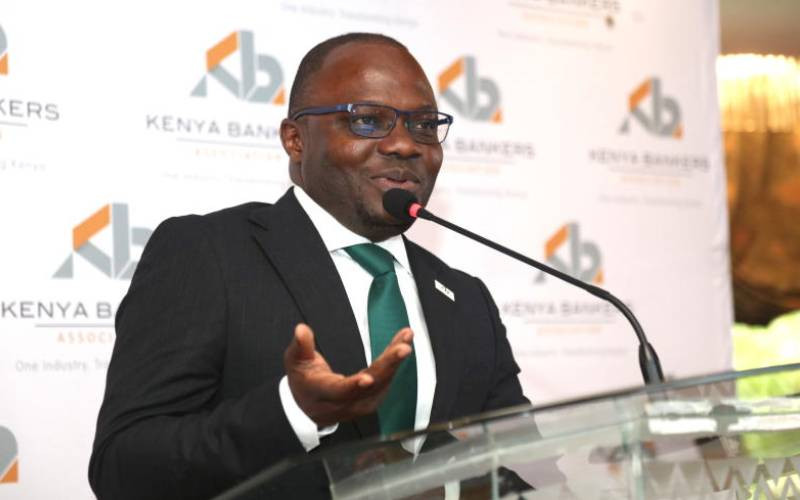×
The Standard e-Paper
Join Thousands Daily
By Njoki Karuoya
The women streamed in slowly. Although the meeting had been set for 9am, the first arrival, besides that of the host who was also a few minutes late, was almost an hour later.







